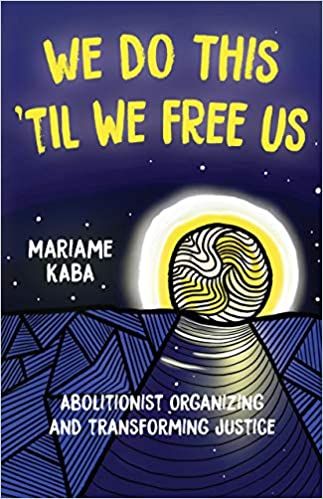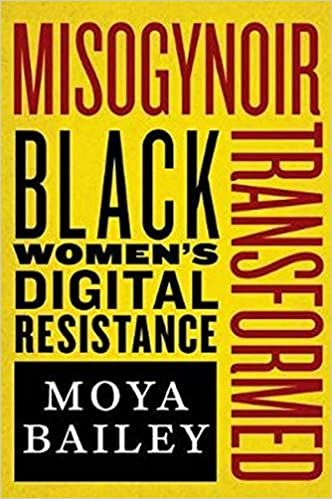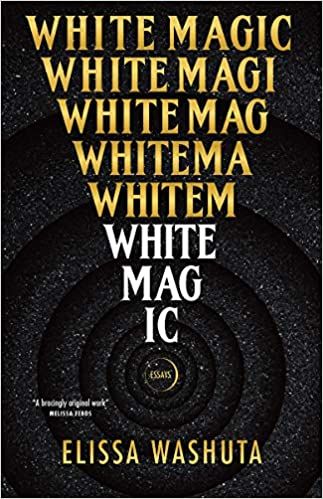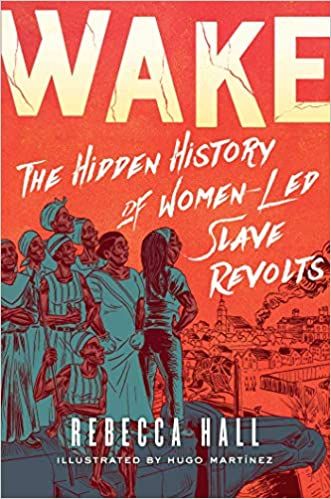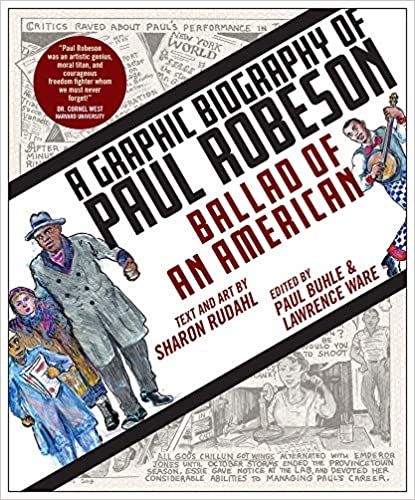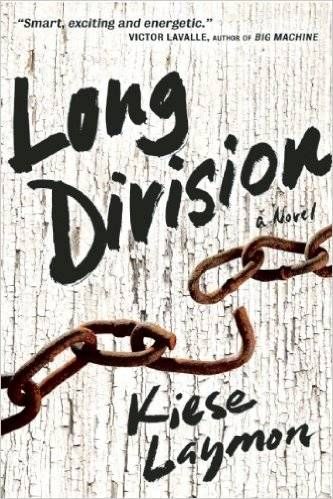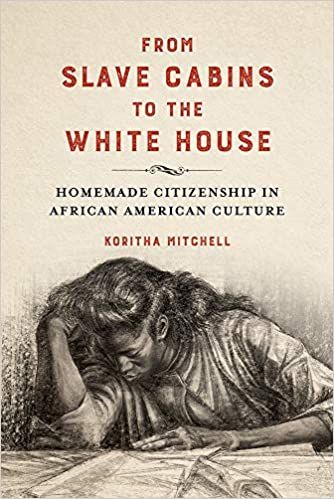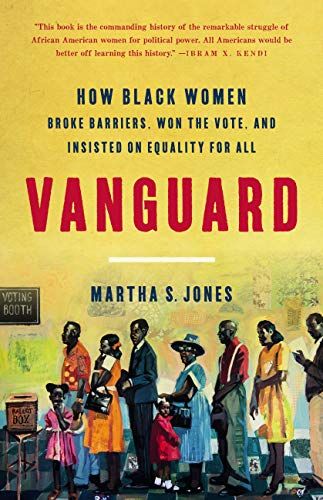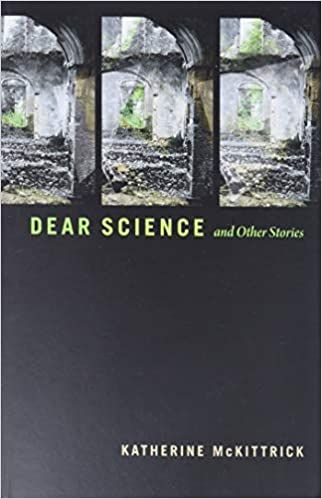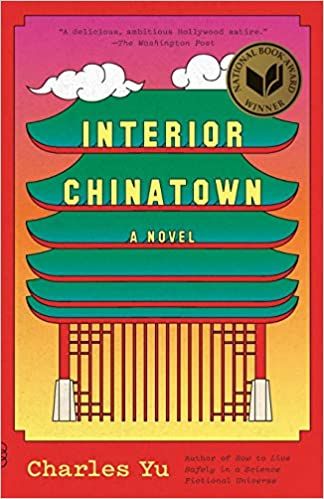This is a guest post from Chanda Prescod-Weinstein. She is a theoretical physicist, feminist theorist, and author of The Disordered Cosmos: A Journey into Dark Matter, Spacetime, and Dreams Deferred, out now from Bold Type Books. You can find her on Twitter @IBJIYONGI.
The last year has raised the political consciousness of people across the United States — and the world — who for various reasons had previously not paid much attention to the material conditions that shape the lives of people on the margins of American society, particularly Black folks. Thanks to the visibility brought by a new generation of freedom fighters under the banner of “Black Lives Matter,” work which is itself rooted in organizing work that goes back decades, the brutality of 2020 was impossible to ignore.
Within the literary community, one of the ways we have responded is by talking about what to read. This is of course natural coming from a group of people whose lives center on the written word. Worse, we have been too comfortable recommending the same introductory level texts over and over again. Unhelpfully, our tendency to focus on simple recommendations also intersects with the tendency of large swathes of “well-meaning” people to think that reading about racism and injustice constitutes a sufficient response to racism and injustice. Too often, people are looking for simple solutions to complex problems — and often “simplicity” means “minimally inconvenient for me.” Because so many of us love to read, choosing to focus on reading can constitute a form of escape when what is needed is active confrontation with injustice.
Even so, reading really is fundamental, and paired with active engagement in organizing work, it can be powerful. Although critiques of reading lists on race and racism have popped up on social media and in publications, it has long been the case that people organizing for social justice have engaged in what is often called “political education.” In fact, this kind of continuous learning is a key activity for people who are engaged in the work of building a new world. This is different from picking up a book that promises to provide clear instructions on how to be better. It requires grappling with big ideas, being challenged, and continuously reexamining our understanding of the world.
Luckily, in recent years there has been no shortage of new releases that can help us as we do the labor of transforming the conditions in which we live. Below I’m sharing books that I’ve either recently read or are in my own stack for my own political education. I invite you to read with me! Some of the books are academic works that could prove challenging for the reader. I too was once a beginner with these kinds of academic works, and what I’ve found is the only way out is through: part of the work is challenging ourselves to level up, as necessary. This work is not easy. If it was, we would be done already.
We Do This ‘Til We Free Us: Abolitionist Organizing and Transforming Justice by Mariame Kaba
If you find yourself saying, “sure thing, but I still need a guide with instructions,” Mariame Kaba’s new collection of writings and interviews is an excellent place to start. Kaba is a leader in the prison abolition movement and an intergenerational organizing mentor who uses a range of techniques, including tweeting, to help bring people into the movement.
Misogynoir Transformed: Black Women’s Digital Resistance by Moya Bailey
Folks who spend a lot of time on Twitter have probably heard the word “misogynoir” thrown around. Some may know its origins in the work of Black feminist scholar Moya Bailey. In this new book, Bailey expands on the concept and develops an analysis of who organizing work has moved into the digital world. This text provides an opportunity to think about tactics that readers may want to learn about using and/or supporting.
White Magic: Essays by Elissa Washuta
This book was the most challenging in the list to describe because Elissa Washuta’s books are always doing so many things at once. In this new essay collection, Washuta tackles whiteness, anti-Indigeneity in New Age spiritualities, the occult, and life with PTSD. Her unique voice as a Cowlitz woman who refuses to be contained by colonialism, sexism, and ableism will light a fire in any reader who is paying attention.
Mapping Abundance for a Planetary Future: Kanaka Maoli and Critical Settler Cartographies in Hawai`i by Candace Fujikane
There has been extensive discussion in the media about the fight for Indigenous sovereignty in Hawai`i. This new book, written by an Asian American with a long history of solidarity with Kanaka Maoli (Native Hawaiian) cultural knowledge holders, argues the need for solidarity with Kanaka Maoli. It also argues that Kanaka Maoli geographies teach us to look at the world through a perspective of abundance rather than scarcity.
Wake: The Hidden History of Women-Led Slave Revolts by Rebecca Hall and Hugo Martinez
This graphic novel–style combination of fiction and memoir helps illuminate a history that we don’t hear about very often: yes, women led revolts against chattel slavery too. This book looks like a unique and accessible way to reframe everything we’ve been told about Black Atlantic history. By gaining a richer knowledge of history, we are better equipped to interpret our present and transform our future.
Ballad of an American: A Graphic Biography of Paul Robeson by Sharon Rudahl, Edited by Paul Buhl and Lawrence Ware
This book represents another graphic novel approach to teaching Black history. This time the focus is the actor and activist Paul Robeson, who is a figure worth studying because his legacy is so complex. He fought vigorously against white supremacy and was a committed Communist, even when people who shared his views started distancing themselves from the party. Robeson’s story invites us to grapple with complexity.
Long Division: A Novel by Kiese Laymon
You might think including this book is cheating because it’s been released once before. But for the first time, this June, Kiese Laymon’s incredible story of time traveling Black kids and white Jewish kids in Mississippi will be available on the author’s terms. This book revolutionized my understanding of the history of Black and Jewish relations and made me realize that maybe I do like time travel stories after all.
From Slave Cabins to the White House: Homemade Citizenship in African American Culture by Koritha Mitchell
Anyone who has read Koritha Mitchell’s work on the idea of “know your place aggression” has been transformed by it. For many of us, it was our first time having a name for a phenomenon we knew well: highly emotional, even violent reactions to our confidence, our success, and our very existence. In this book, Mitchell puts forth a bold and compelling hypothesis that American white supremacy is a form of know your place aggression against Black humanity and Black success.
Vanguard: How Black Women Broke Barriers, Won the Vote, and Insisted on Equality for All by Martha Jones
As with Hall’s Wake, Martha Jones’s Vanguard invites us to reframe the history we’ve been taught and restore Black women to their rightful place in history. Timed to release with centennial celebrations of the 19th amendment, which primarily gave white women the right to vote, Jones tells the story of Black women’s fight for an equal place in a true democracy.
Dear Science and Other Stories by Katherine McKittrick
In this innovative, rich work, Katherine McKittrick works tirelessly to make us aware of how Black thought is a form of knowledge production. McKittrick uses a fascinating essay structure — stories and letters to science — to discuss jazz, computer science, poetry, Black history, and more. It contains one of the most powerful analyses of scientific racism that I’ve read in recent times, arguing that sometimes our efforts to articulate race and racism as social phenomena actually reinforce the idea that they are somehow biological in nature.
Interior Chinatown: A Novel by Charles Yu
Charles Yu has never shied away from experiments with form. His first novel, How to Live Safely in a Science Fictional Universe, is time travel like you’ve never seen before. In this latest, which won the 2020 National Book Award for Fiction, Yu continues his experiments with time in service of tackling a tale of Asian and Asian American life under American white supremacy. Even decades ago, this book would have been timely, but in light of recent violence against people of Asian descent, its message demanding a recognition of Asian and Asian American humanity is especially urgent.

